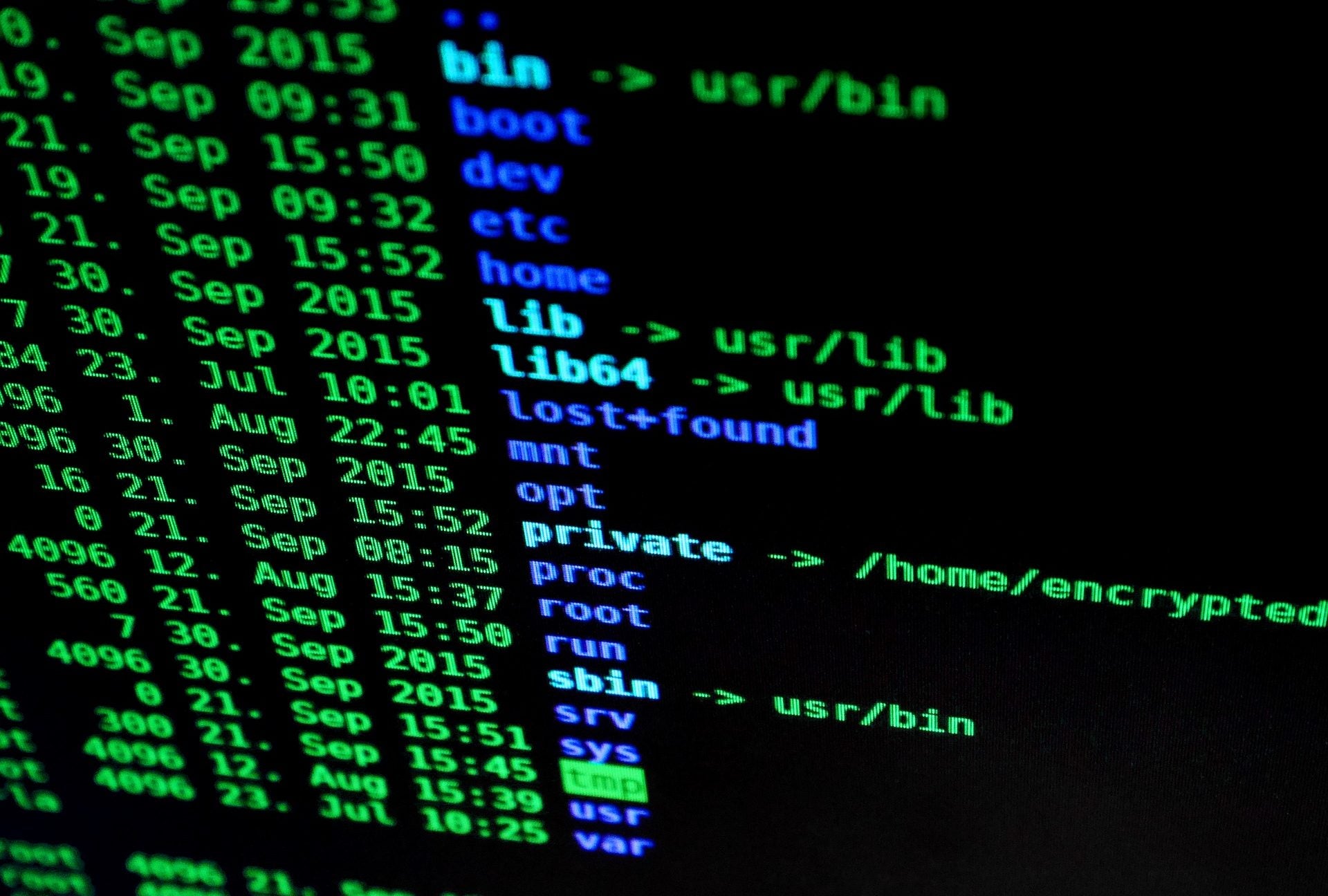
Europe has extended its dominance in cybersecurity hiring among food industry companies, according to the latest analysis from GlobalData.

Discover B2B Marketing That Performs
Combine business intelligence and editorial excellence to reach engaged professionals across 36 leading media platforms.
In the three months ending September, the number of roles in Europe made up 23.8% of total cybersecurity jobs – up from 12.5% in the same quarter last year.
That was followed by Asia-Pacific, which saw a 0.5 year-on-year percentage point change in cybersecurity roles.
The figures are compiled by GlobalData, which tracks the number of new job postings from key companies in various sectors over time. Using textual analysis, these job advertisements are then classified thematically.
GlobalData's thematic approach to sector activity seeks to group key company information by topic to see which companies are best placed to weather the disruptions coming to their industries.
These key themes, which include cybersecurity, are chosen to cover "any issue that keeps a CEO awake at night".
Tracking them across job advertisements allows the industry to see which companies are leading the way on specific issues and which are dragging their heels – and importantly where the market is expanding and contracting.
Which countries are seeing the most growth for cybersecurity roles in the food industry?
The fastest-growing country was France, which saw 0.6% of all cybersecurity job adverts in the three months ending June last year, increasing to 6% in the three months ending September this year.
That was followed by the United Kingdom (up 2.6 percentage points), Spain (up 2.6), and Poland (up 0.7).
A cyberattack on one of the world’s largest food companies earlier this year highlighted how big business can be open to breaches and the industry appears to be looking to hire accordingly.
At the end of May, Brazil-based meat giant JBS saw its servers supporting the company’s North American and Australian IT systems targeted by what the company called “an organised cybersecurity attack”.
Within four days, JBS announced a “resolution” to the breach, stating its factories were “fully operational”. The company said it paid “the equivalent” of US$11m to the hackers – said by the FBI to be REvil, a Russia cyber-criminal group also known as Sodinokibi – after consulting with “internal IT professionals and third-party cybersecurity experts”.
The affair, following similar incidents in recent years on US brewer Molson Coors Beverage Co., snacks group Mondelez International and fast-food chain Wendy’s, only underlines the importance boardrooms should place on the issue.








